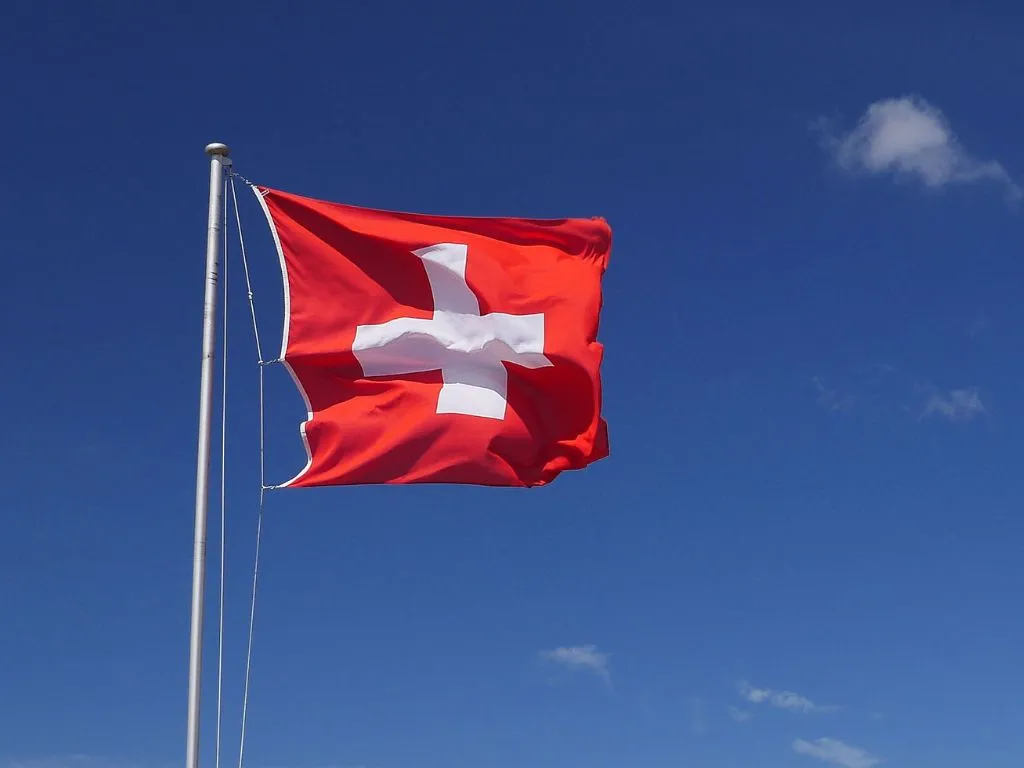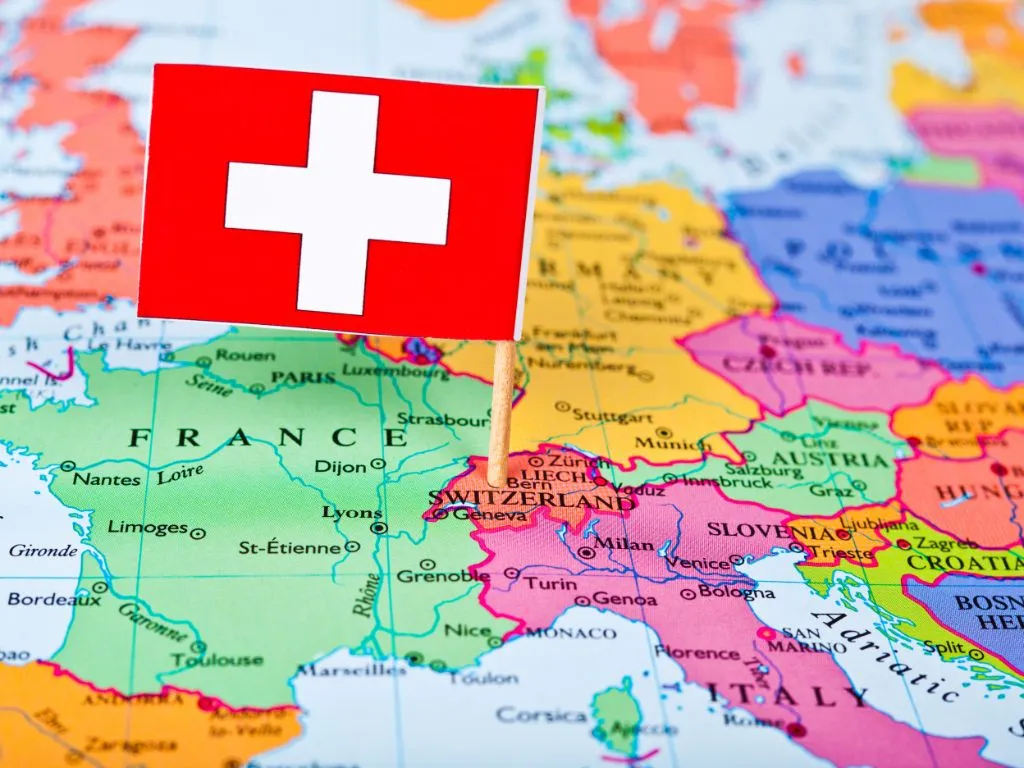- Home
- GPC Switzerland
Switzerland - Home
Login
Forget Password
Switzerland is not a member of the EU or the European Economic Area (EEA) and all new substances must be notified, registered and/or declared in Switzerland before they are placed on the market. This is so even if they are already registered in the EU under REACH, have to be registered according to the Swiss Ordinance on Protection against Dangerous Substances and Preparations (Chemicals Ordinance; ChemO, SR 813.11, 4th Revision).
Switzerland has moved towards implementation of REACH through partial revision of the Swiss Chemical Ordinance on February 1, 2009. Switzerland has decided to move toward Reach implementation. The partial revision of the Swiss Chemicals Ordinance (ChemO, RS 813.11) came into force on February 1, 2009.
News

Switzerland Proposes Stand-Alone PFAS Regulation to Reduce Pollution and Support Farms
Sep-25-2025
Switzerland is set to tighten its national rules on per- and polyfluoroalkyl substances (PFAS) with a stand-alone regulation aimed at reducing pollution and supporting farms. The National Council's Committee on the Environment, Spatial Planning and Energy (CEATE-N) has proposed measures instructing the Federal Council to curb PFAS emissions and explore whether Switzerland should set independent limit values for PFAS in drinking water, separate from the European Drinking Water Directive.
Support for Farms and Site Remediation
CEATE-N approved a revised Motion 25.3421 to enforce stricter national measures on PFAS. The motion aims to provide timely solutions for affected sectors, support agricultural operations, and balance environmental and economic considerations when defining PFAS limits. It emphasizes reducing PFAS production and use, especially where safer alternatives exist, while a minority of the committee advocates closer alignment with EU chemical legislation due to potential health and environmental concerns.
In addition, CEATE-N supported retroactive compensation for PFAS-related site remediation. This would be financed under the OTAS fund, Switzerland’s federal fund for the remediation of contaminated sites, and take effect from April 1, 2025, aligning with provisions for other types of pollution under the Environmental Protection Act.
Wider Environmental and Energy Measures
Beyond PFAS, the committee discussed broader environmental and energy initiatives:
- Approval of the Fish Action Plan to protect aquatic habitats and biodiversity, balancing professional and recreational fishing interests.
- Acceleration of electricity grid authorizations to support renewable energy expansion.
- Examination of conditions for small wind turbine installations to enhance Switzerland’s energy security.
- Support for a trade agreement on climate change, trade, and sustainability, already signed with Costa Rica, Iceland, and New Zealand, aimed at liberalizing trade in environmental goods and services.
CEATE-N’s proposals mark a significant step in Switzerland’s commitment to
environmental protection, sustainable energy, and innovative trade policies.

Switzerland Notifies WTO on Draft Ordinance for Packaging to Promote Circular Economy
Jul-24-2025
Switzerland has officially notified the World Trade Organization (WTO) of a draft Ordinance on Packaging aimed at reinforcing sustainable packaging practices and advancing the circular economy. The proposed regulation introduces environmental measures that impact the production, design, disposal, and reporting of packaging across all sectors.
The WTO notification was submitted on 10th July 2025, and the public comment period is open until 8th September 2025, allowing stakeholders 60 days to provide feedback on the draft.
Objective and Rationale
The draft ordinance is designed to:
- Prevent the unsustainable use of resources
- Promote the circular economy
- Strengthen environmental protection through improved packaging systems
Responsible Authorities
- The Federal Office for the Environment (FOEN) is the lead authority responsible for drafting and implementing the proposed regulation.
- The State Secretariat for Economic Affairs (SECO) is tasked with managing international trade inquiries and WTO-related comments.
Key Provisions in the Draft Ordinance
- Sustainable Packaging Design: Producers and distributors must, where technically and economically feasible, reduce material use, improve recyclability, and increase the use of secondary raw materials.
- Extended Take-Back System: A subsidiary take-back obligation will be introduced for non-refillable plastic packaging and beverage cartons, supporting the development of a nationwide separate collection and recycling system.
- Prepaid Disposal Fees Expansion: The current disposal fee system for glass beverage containers will be extended to cover glass packaging for food and cosmetic products, ensuring the proper financing of waste disposal.
- Expanded Reporting Requirements: Mandatory reporting obligations will be applied to packaging beyond beverage containers, enabling accurate calculation of recycling rates and fostering transparency in the packaging market.
- PVC Packaging Regulation Repeal: Existing rules on PVC beverage packaging will be repealed due to its minimal use in the market.
- Deposit System Simplification: Exceptions to the mandatory deposit scheme on refillable beverage containers will be introduced to streamline usage and encourage reuse.
Timeline
Switzerland submitted the notification to the WTO on 10 July 2025.
The public comment period closes on 8 September 2025.
The regulation is expected to be formally adopted in 2026, with its entry into force scheduled for 1 January 2027.
- Transition period until 1 January 2028 for take-back obligations
- Transition period until 1 January 2029 for reporting requirements
Login
Forget Password
Global Product Compliance (GPC) specializes in Global Regulatory Compliance Solutions across sectors
globally. SSS Europe, a familiar name in chemical regulatory and compliance services now formally belongs
under the umbrella of GPC Holding Sweden.
Since 2008, we have emerged as one of the leading names among Global Regulatory Compliance Service
Providers with Representation services in Europe, Asia and Middle East for respective chemical
regulations.

 Twitter
Twitter
